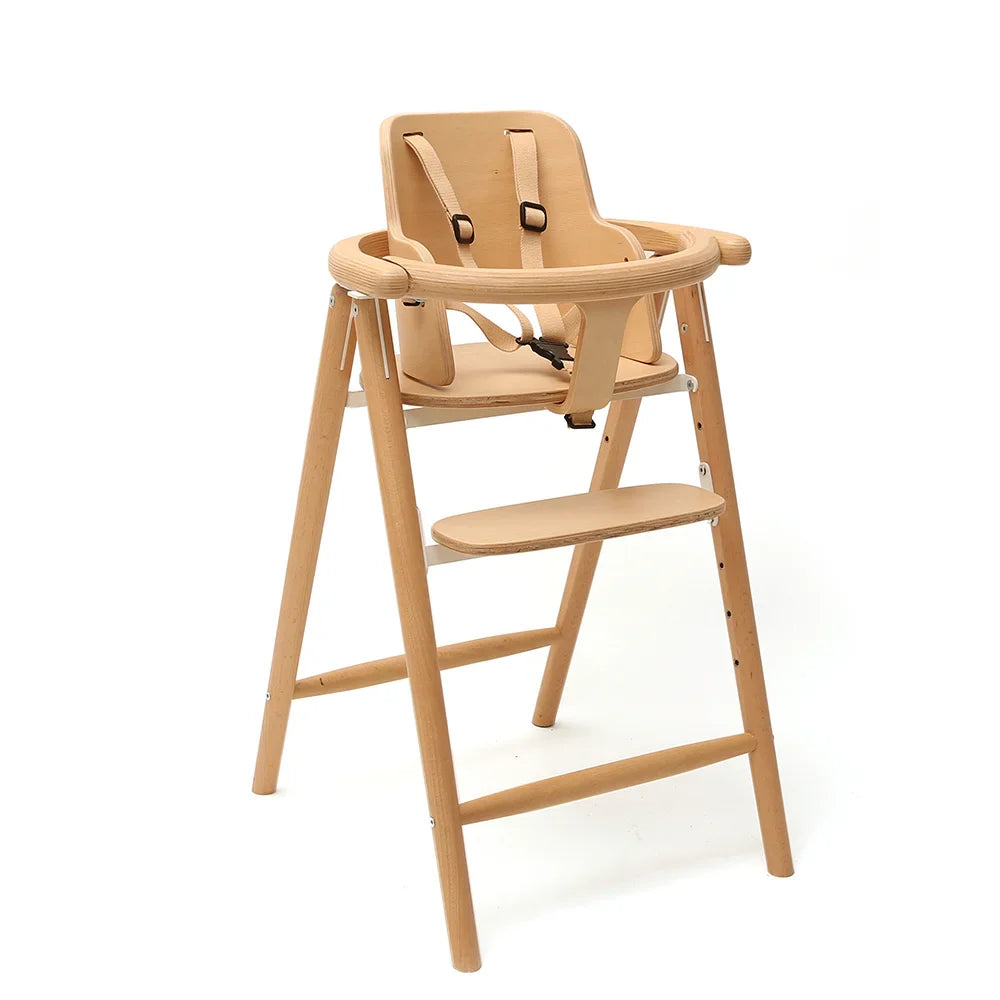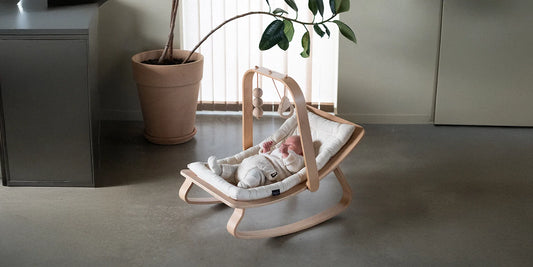How can I help my baby get a full night's sleep?

At what age does a baby sleep at night?
Here is the long-awaited question... Our main advice is to be realistic about your expectations. Starting at 3-4 months, some little ones sleep for 5 hours in a row. That is a very good average! Before the age of 8 months, it is rare for a baby to sleep full 12 hours. We explain the different stages of sleep in children in more detail below.
The phases of sleep in infants
In your womb, your baby was warm. All his needs were met automatically. When your baby is born, he discovers a new world. He discovers the cold, the hunger, the pain, the fatigue... So, he wakes up several times a night, especially to eat. Hunger is not the only reason for her nocturnal awakenings. Baby doesn't yet know the difference between day and night, it's called the circadian rhythm.
Newborn babies need a lot of hours of sleep, between 16 and 20 hours a day. From 0 to 2 months, babies need 16 to 20 hours of sleep per 24-hour day, divided between day and night. Its sleep cycle lasts from 50 minutes to one hour, with a longer restless phase and a shorter calm phase. During restless sleep phases, you might think that baby has finished sleeping. He's agitated, growling, moving... but he's still sleeping. Quick tip, don't rush to your child if you think they'll wake them up. First, see if he is still asleep. In short, we avoid waking up a sleeping baby (even if you miss him too much).
Some babies go on cycles, while others have a harder time. When you fall asleep, it's the same story. Your baby is asking for your arms or your presence... and that's normal. Ideally, you alternate falling asleep in your arms (if necessary) during naps and then sleeping in bed in a suitable environment. This system is particularly beneficial for learning to distinguish day and night.
Are you in doubt? The good news is that when a baby is very small, you don't give them bad habits. As Maëlys Le Levreur would say, we meet her needs. From 4-6 months, it is advisable to let your child learn to go back to sleep alone (easier said than done, we know!).
Now on to the advice and if you are having real difficulties, consider the sleep consultant.

Baby sleep from 3 months
In general, it is from 3-4 months that your child starts his so-called full nights in relation to his baby's rhythm. Let's go for 5 to 6 hours of sleep in a row. Attention parents who are worried about their child. This figure is an average, not a norm.
Signs to look for when putting baby to bed
To help babies sleep well, observe your baby. Learn to spot these obvious signs of fatigue:
- Baby yawns,
- He's rubbing his eyes
- He's either out of his mind or in the clouds,
- Baby sucks his thumb or fingers, he touches his face,
- Baby cries, is he very calm or, on the contrary, grumpy...
As soon as you see any of these signs, offer your child sleep within 15 minutes. Don't wait until he's already asleep to put him in bed.
The importance of the evening ritual for babies
In the evening, a ritual is established that will almost always be the same. No need to test different techniques every night, apparently baby needs consistency... This small sequence will be a sign that it is time to relax. This safe routine should be implemented as early as 6 to 8 weeks. Your baby will gradually learn to recognize the signs of the night thanks to the environment you will create.
When it's almost time to go to dreamland:
- Put your child to bed, always at the same time, between 18:30 and 20:00
- Put your child to bed in the same place, his room or the one you share.
- Reduce the noise in the house.
- Dim the lights in his room: pull the curtains or the shutters if it is still light to put baby in the mood.
- Switch on a night light.
- Put baby in the sleeping bag.
- Sing him a lullaby or read him a short story.
- After a hug, put your baby in their baby bed.
- Step away gradually, without making the parquet creak...
- Close the door gently... and pray to the god of sleep!
More tips for a good night's sleep
Night sleep is also prepared during the day with naps:
- Respect his nap needs during the day. Ideally, your baby will sleep during the day at least once a day in his crib or bassinet.
- Don't skip naps or put off sleep time in the evening. Baby won't move because you put him to bed later. He is likely to be even more grumpy... and so will you!

We wish you a good way to full and relaxing nights!
The Charlie Crane Team
You might also like:








